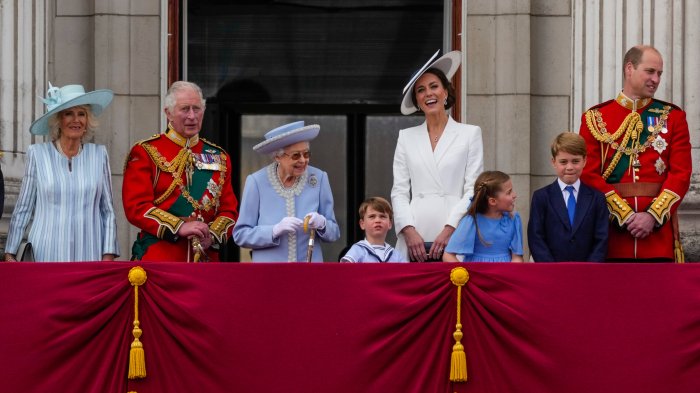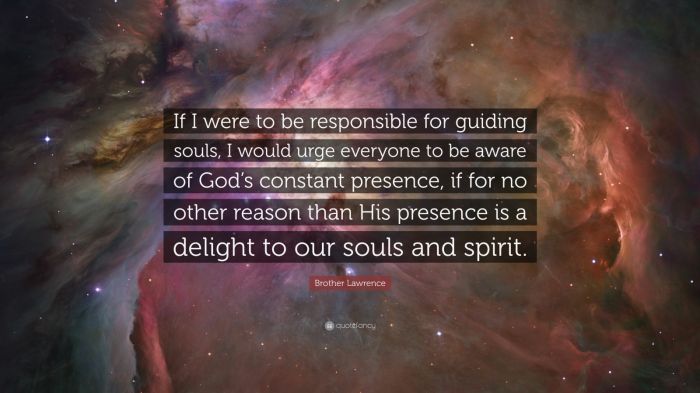Spain’s royals were responsible for guiding in – Spain’s royals have played a pivotal role in shaping the nation’s identity, guiding its political trajectory, and fostering its cultural heritage. Throughout history, the monarchy has been an integral part of Spanish society, influencing values, institutions, and international relations.
From their historical role in shaping the nation’s values and identity to their current constitutional role and diplomatic initiatives, the Spanish monarchy has left an enduring mark on the country’s development.
Guiding Principles of Spain’s Royals
Spain’s monarchy has played a pivotal role in shaping the nation’s values and identity over centuries. The royals have served as symbols of unity, national pride, and continuity, influencing Spanish culture, traditions, and institutions.
Cultural and Traditional Influence
The monarchy has been instrumental in preserving and promoting Spanish heritage. Royals have patronized the arts, supported traditional festivals, and fostered cultural exchanges, contributing to the nation’s rich cultural landscape.
Promoting National Unity
The monarchy has served as a unifying force, symbolizing the shared history and aspirations of the Spanish people. Royal events and celebrations bring together citizens from diverse regions, fostering a sense of national belonging.
Representing Spanish Identity
Spain’s royals represent the nation on the international stage, embodying Spanish values and traditions. They promote Spanish culture and heritage abroad, strengthening the country’s global image.
Political Influence of the Spanish Monarchy
Historical Power
Historically, the Spanish monarchy held significant political power. Monarchs exercised absolute authority, shaping the nation’s laws, policies, and military campaigns.
Constitutional Role
Under the current constitution, the monarchy has a largely symbolic role. The king or queen serves as head of state, representing Spain domestically and internationally. They do not exercise direct political power.
Influence on Government
Despite their limited constitutional role, the monarchy still exerts some influence on government decision-making. The king or queen can consult with political leaders, offer advice, and act as a mediator in times of political crisis.
Spain’s Royals and International Diplomacy

International Relations
The Spanish monarchy has played a significant role in international relations. Royals have represented Spain at diplomatic events, negotiated treaties, and fostered alliances.
Global Representation
The monarchy serves as a global ambassador for Spain, promoting the country’s interests and values on the international stage.
Diplomatic Initiatives
Royals have undertaken diplomatic initiatives to strengthen Spain’s relationships with other nations, such as promoting cultural exchanges and facilitating trade agreements.
Economic and Cultural Impact of Spain’s Royals

Tourism and Cultural Heritage
The monarchy attracts tourists from around the world, contributing to Spain’s tourism industry. Royal palaces, historical sites, and cultural events associated with the monarchy draw visitors.
Royal Patronage
Royals have been patrons of the arts, education, and other cultural sectors. Their support has helped preserve and promote Spanish heritage and culture.
Economic Contributions
The monarchy contributes to the economy through tourism revenue, royal estates, and investments. The royal family’s wealth and spending have a positive impact on the national economy.
Challenges and Controversies Surrounding the Spanish Monarchy

Public Opinion
Public opinion towards the monarchy has fluctuated over the years, influenced by factors such as political scandals, economic crises, and changing societal values.
Controversies
The monarchy has faced controversies, including allegations of corruption, financial mismanagement, and extramarital affairs. These controversies have damaged the monarchy’s reputation.
Modernization and Relevance, Spain’s royals were responsible for guiding in
The monarchy must adapt to changing societal norms and expectations to maintain its relevance. Modernization efforts have included greater transparency, accountability, and a focus on social and environmental issues.
The Future of Spain’s Monarchy: Spain’s Royals Were Responsible For Guiding In

Prospects for the Future
The future of the Spanish monarchy depends on factors such as public support, the ability to adapt to societal changes, and the competence and popularity of the reigning monarch.
Challenges and Opportunities
The monarchy faces challenges such as the potential for further controversies and the need to balance tradition with modernization. However, it also has opportunities to strengthen its role in national unity, international diplomacy, and cultural promotion.
Predictions and Speculations
Predictions about the future of the monarchy are speculative, but some analysts believe that it will continue to play a significant role in Spanish society, albeit with a more limited political influence.
FAQ Section
What is the historical role of Spain’s royals?
Spain’s royals have played a central role in shaping the nation’s values, identity, and institutions over centuries.
How have Spain’s royals influenced Spanish culture?
The monarchy has had a profound impact on Spanish culture, promoting traditions, arts, and education through royal patronage.
What is the current constitutional role of the Spanish monarchy?
The king or queen of Spain serves as the Head of State, with limited political power but a significant symbolic and ceremonial role.